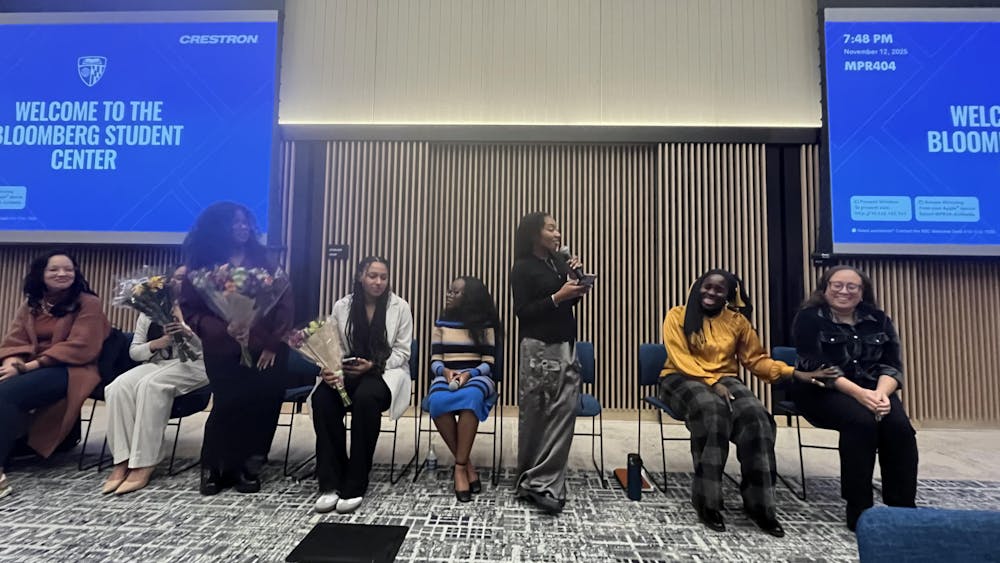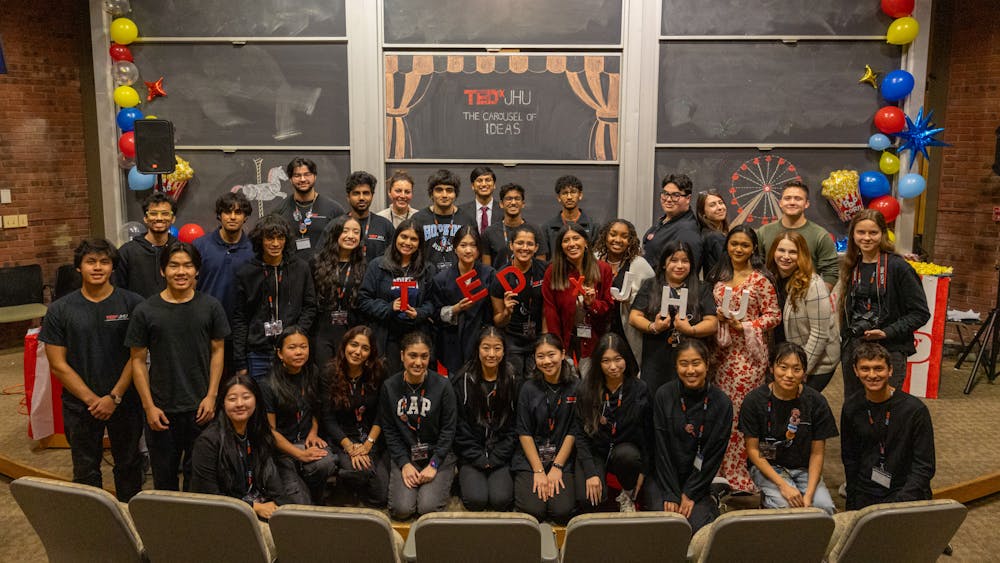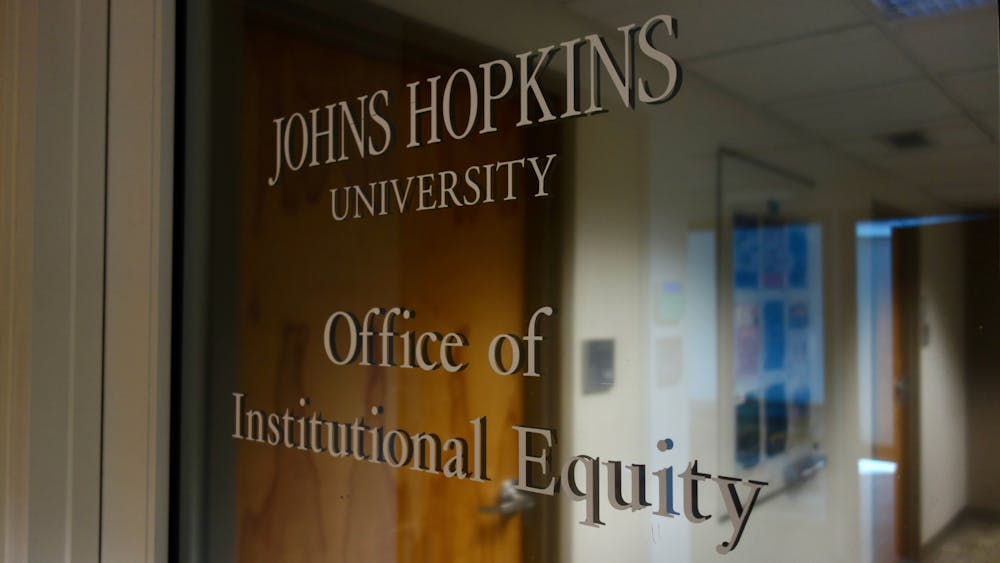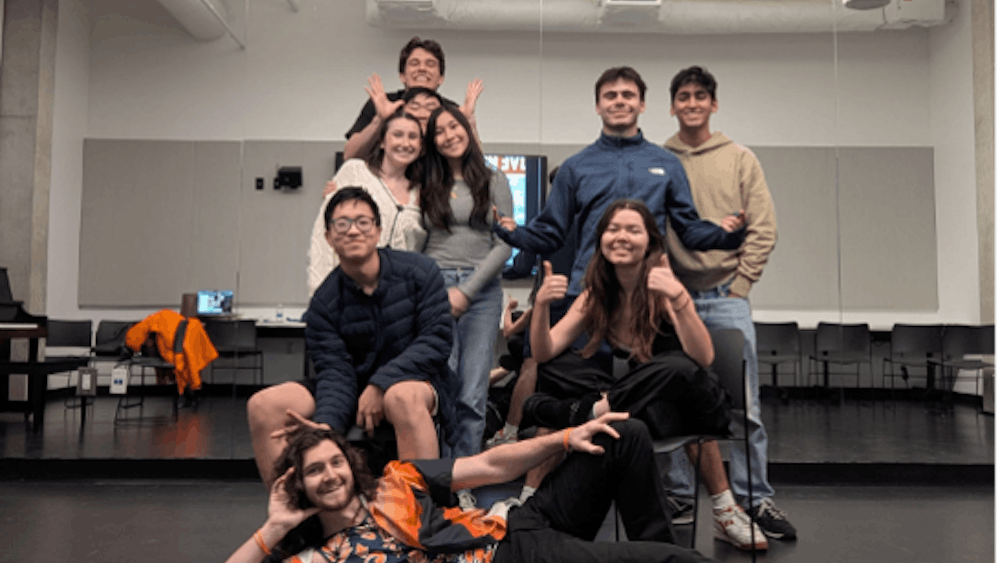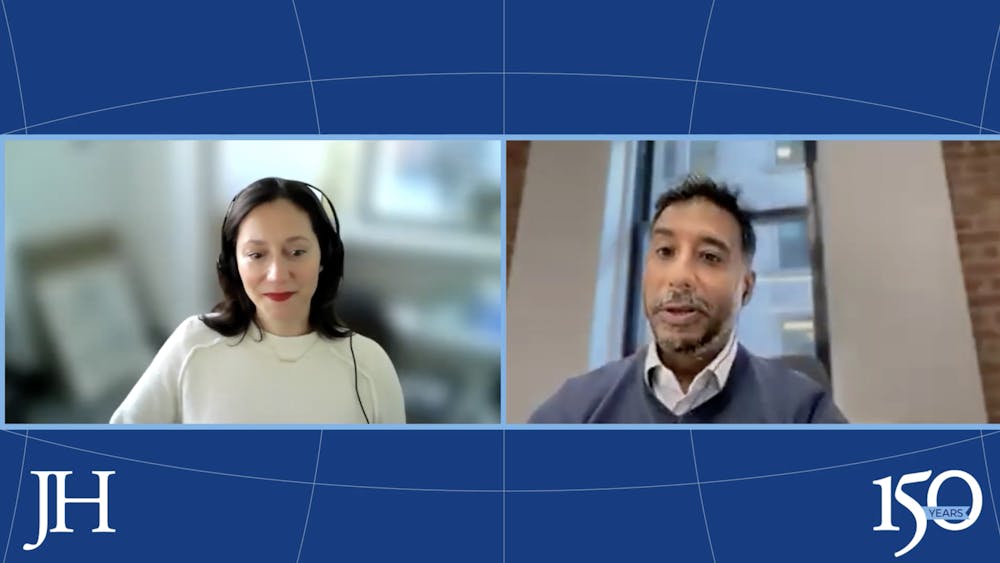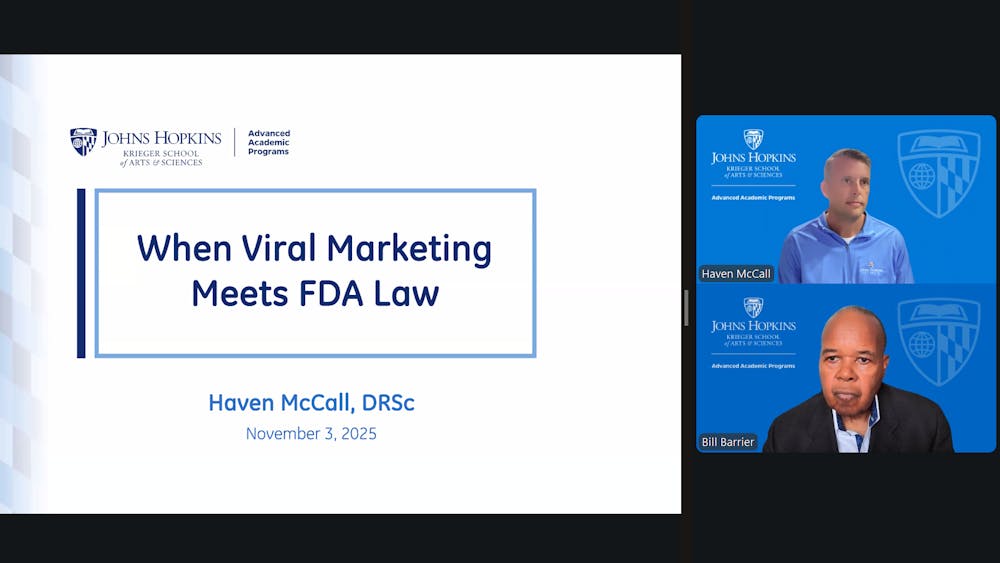Hopkins hosts the 21st annual Lighting of the Quads
By THE NEWS AND FEATURES TEAM | 6 days agoOn Dec. 3, Hopkins hosted the 21st annual Lighting of the Quads (LOTQ) celebration, a tradition organized by the Hopkins Organization for Programming (HOP) to mark the approaching end of the fall semester.




